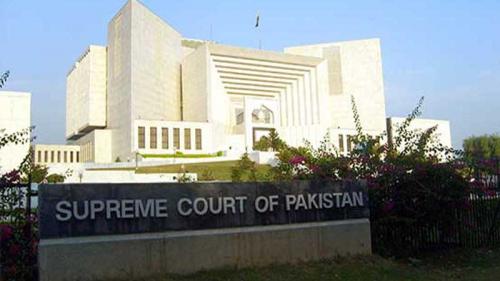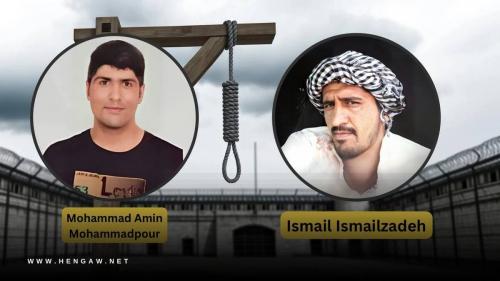10 February 2021 :
In a landmark ruling, Pakistan's top court on 10 February 2021 commuted the death sentences of two mentally ill prisoners who have spent decades on death row, the first such ruling in this conservative Muslim-majority nation.
The decision by the Supreme Court was quickly hailed by Justice Project Pakistan, a rights group that has fought an extensive, years-long legal battle for the two inmates.
One of the two prisoners whose sentence was commuted, Kanizan Bibi, has spent 30 years on death row. She was 16 when she was charged with murdering her employer's wife and five children. The police said she was having an affair with her employer, who was also arrested and later hanged. She was diagnosed with schizophrenia in 2000.
The second prisoner on death row whose sentence was commuted, Imad Ali, 55, was convicted of murdering a religious scholar in 2001. He was diagnosed with schizophrenia in 2008. In 2016, Pakistan's Supreme Court halted the execution of Ali, just days before he was to be hanged.
"Because of certain misconceptions, the implications of mental illness are overlooked and the vulnerability or disability that it causes is not given due attention," Judge Manzoor Ahmad Malik said in his opening remarks on 9 February before a five-member panel of the court.
Pakistan in 2008 ratified an international convention that prohibit the execution of mentally ill prisoners. Since then, only one mentally ill prisoner was executed, Muneer Hussain. He was hanged in April 2015 despite having had a history of mental illnesses, according to the rights group.
Last year, with the outbreak of the coronavirus pandemic and the steep rise in COVID-19 cases in Pakistan's crowded jails, the Supreme Court of Pakistan agreed to release some mentally ill and disabled prisoners to ease conditions, but only those whose sentences were less than three years.
Bibi and Ali's sentences were commuted to life in prison, which in legal terms in Pakistan usually means no longer than 14 years. The time they already spent behind bars will count as sentence served and the two will be released if a medical board approves it. Otherwise they would be under treatment in a hospital for the mentally ill.
In its ruling on 10 February, the Supreme Court also ordered prison officials to file a fresh mercy petition for a third prisoner, Ghulam Abbas, who has spent more than 15 years on death row, according to Zainab Manzoor, a lawyer for Justice Project Pakistan.
Pakistan's President Arif Alvi has the authority to pardon Abbas.











